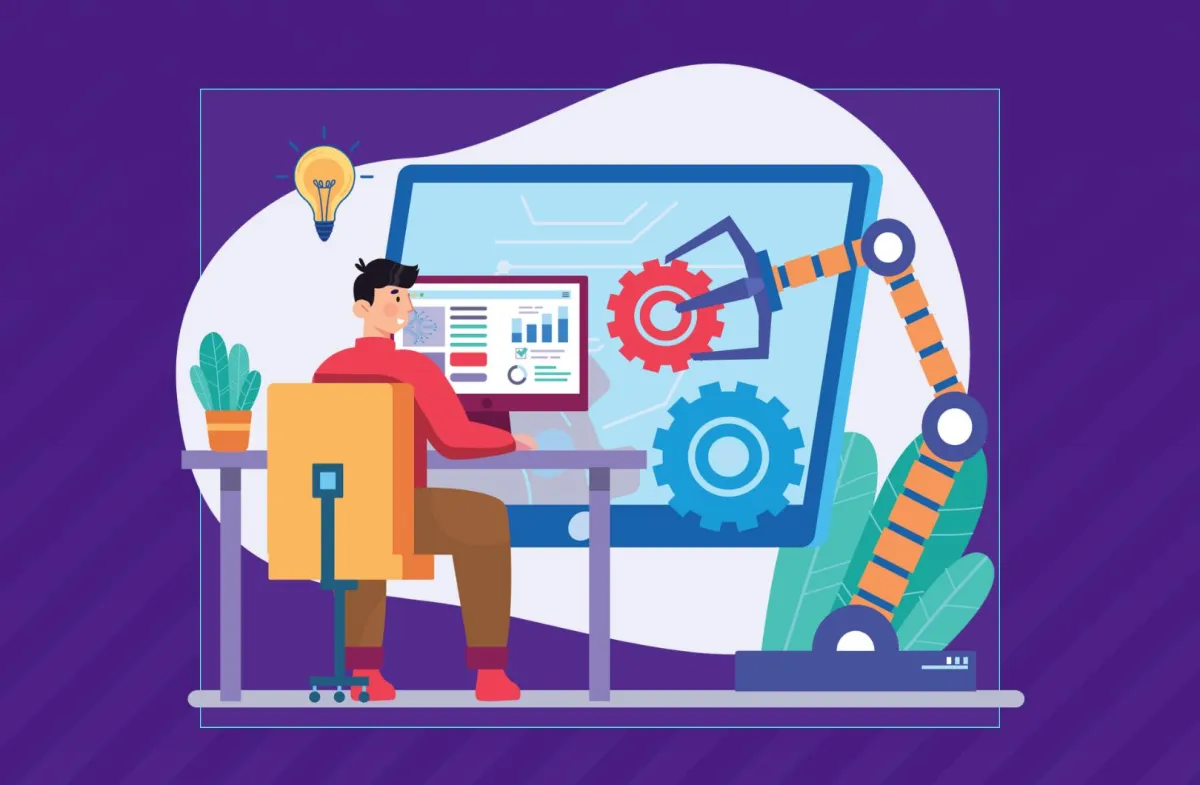
Workflow Automation Is the Secret to Scaling Without Burnout

The skills and talent that got you where you are today aren't enough to help you grow for tomorrow.
Most private practices hit a wall when they try to grow. You add more patients, more staff, more complexity—and everything slows down. You feel overwhelmed. Your team feels scattered.
The problem isn’t the growth. It’s that your systems weren’t built to handle it.
What Is Automation?
Automation means using technology to complete tasks that don’t require human judgment—so your team doesn’t have to do them manually every time. It’s not just about saving time. It’s about reducing errors, increasing consistency, and making sure nothing gets missed.
Automation doesn’t replace your team—it supports them, so they can focus on the work that matters most.
Examples of automation in a psychiatry practice:
Automatically send appointment reminders by text and email.
Deliver new patient paperwork and welcome messages as soon as someone books.
Respond instantly to missed calls or unanswered texts.
Follow up with patients who cancel or no-show.
Collect reviews after a visit.
What Happens Without Automation:
Staff forget steps and things fall through the cracks.
You answer the same questions over and over.
Everyone depends on you to keep things running.
Each staff member decides to do things "their" way.
What Happens With Automation:
New patients get reminders, forms, and welcome emails automatically.
Staff follow a documented process for intake, billing, and follow-up.
You reclaim hours of your week to focus on leadership, not logistics.
Phone calls no longer get missed and every patient question is answered almost immediately.
Where to Start
1. Document the Tasks You Repeat Daily, Then Weekly
Intake calls, follow-ups, reminders, billing tasks—list them out.
2. Automate the Top 3
Use your EHR or MindPractice to:
Auto-send reminders
Collect forms
Follow up with no-shows
Respond to text messages, emails, and missed calls
3. Train the Team to Use It Consistently
Set the expectation that automation is the default—not optional.
Communicate regularly with the team to see what challenges or opinions they have about automation and how it can help in other areas of the practice.
Final Thoughts
Scaling a private practice doesn’t have to mean working more hours. Automation helps you grow with fewer mistakes and more peace of mind. MindPractice gives you plug-and-play automations designed specifically for psychiatry offices—so you can run a smoother, more profitable operation without burning out. I always tell my clients, I want an office that is boring and easy to run. It's very possible to have a calm office and a full schedule.
Take the Next Step: Let’s Talk
Transform your practice and maximize your practice’s potential with coaching services designed to streamline operations, boost revenue, and build a high performing team.
Our Business Coaching services are designed to help practice owners regain control by getting laser focused on the priorities that generate revenue and profits.
Schedule a free 15-minute call to discuss your goals and help you map out your next steps.


